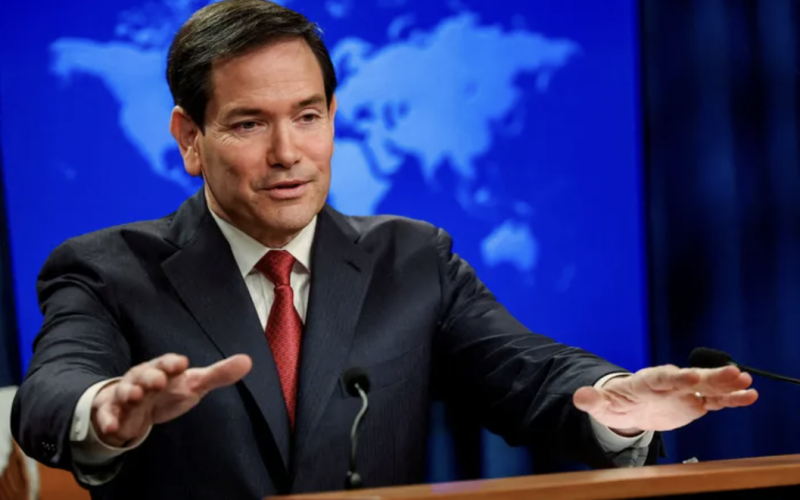Yemen's leadership council takes office amid tight security, fragile truce


Yemen's new leaders took a ceremonial oath of office under tight security on Tuesday, completing a major shake-up aimed at ending seven years of war with the Iran-backed Houthi rebels.
The newly formed, eight-man leadership council performed a largely symbolic swearing-in in Aden witnessed by members of a parliament elected in 2003, as hundreds of soldiers patrolled the southern city, a government official told Agence France-Presse (AFP).
Ex-president Abedrabbo Mansour Hadi, who fled to Saudi Arabia when the war started in 2015, handed over his "full powers" to the council in a televised address on April 7.
The ceremony was not announced in advance and was held at an undisclosed location for security reasons. In December 2020, about 20 people died in an attack on Aden airport as government officials arrived.
The Houthis took over the capital Sanaa in 2014, prompting a Saudi-led military intervention to support the government the following year and a war that has caused what the United Nations calls the world's worst humanitarian crisis.
A fragile, UN-brokered truce has largely held since April 2, the start of the Muslim holy month of Ramadan, providing a rare respite from the fighting.
UN special envoy Hans Grundberg attended the swearing-in, along with ambassadors from European and Arab countries, the government official and parliament members told AFP.
The US special envoy for Yemen, Tim Lenderking, also attended, according to Yemen's official news agency.
Hadi's surprise announcement came on the last day of talks in Riyadh involving Yemen's government, the coalition and international envoys. The Houthis refused to attend those talks because they were on "enemy" soil.
The Wall Street Journal reported on Sunday that Saudi Arabia pushed the former president to step down, confining him to his home and restricting his communications.
The new leadership council, led by former Hadi adviser Rashad al-Alimi, is tasked with "negotiating with the Houthis for a permanent ceasefire," Hadi said in his announcement.
Its members represent widely diverging views. They include Aidarous Al-Zoubeidi, whose secessionist Southern Transitional Council wants to split Yemen back into two countries — north and south, as was the case until 1990; and Tarek Saleh, the nephew of Yemen's ex-president Ali Abdullah Saleh, who was assassinated by his former Houthi allies in 2017.
Abdullah al-Alimi — Rashad's brother and also on the council — told AFP last Saturday that Yemen's new leaders remain ready to fight if peace efforts break down.
Yemen's conflict has killed more than 150,000 people and over 200,000 have died indirectly, including through hunger, unsafe water and disease, UN agencies estimate. Eighty percent of the 30 million population is dependent on aid.

Washington -- The United States has welcomed the support provided by Saudi and Emirati leadership for Yemen’s sovereignty and the security of…

Hadramout –Several areas of Hadramout governorate have witnessed rapidly escalating security developments since yesterday, amid clashes and a…

Aden -- Saudi warplanes on Friday carried out airstrikes on military sites affiliated with the Southern Transitional Council (STC) in Yemen's south…